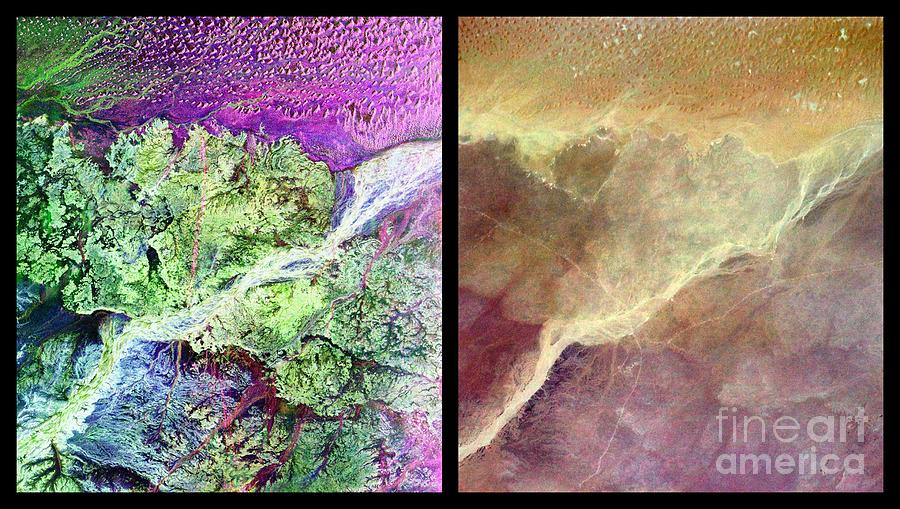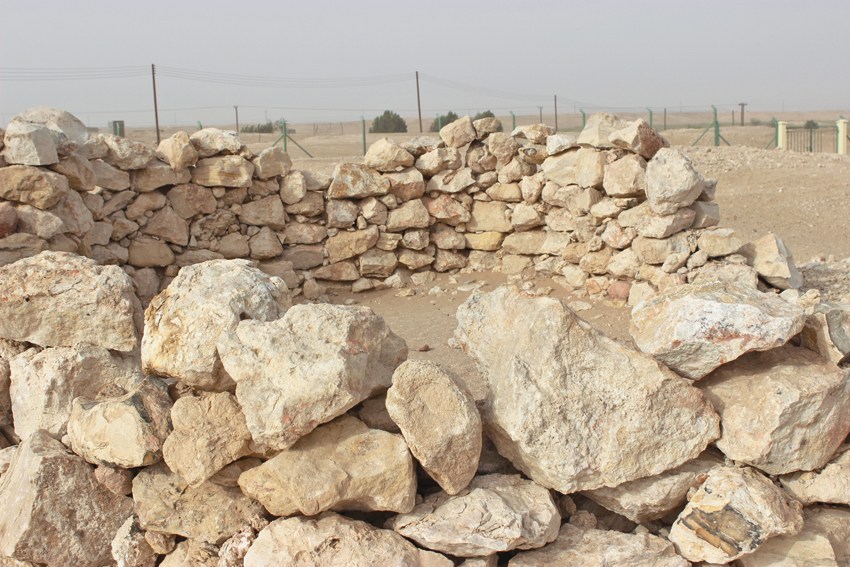

Clapp took two different approaches in his mission to prove the existence of Ubar. He quickly started his research, attempting to carry on from where Thomas had left the project.

(Qur’an, 3:137)Ĭlapp, who examined what the English researcher Thomas wrote, was convinced of the existence of the lost city described in the book. Whole societies have passed away before your time, so travel about the earth and see the final fate of the deniers. Thomas, who showed great interest in the subject, died before being able to complete his research. In one of the trips he made to the region, the Bedouins living in the desert had shown him well-worn tracks and stated that these tracks led toward the ancient city of Ubar. This was the city known as "Ubar" by the Bedouins. The English researcher Thomas described these tribes at length and claimed that he found the traces of an ancient city founded by one of these tribes. In addition, the people living in this region produced and distributed "frankincense," an aromatic resin from rare trees. The Greeks called this area "Eudaimon Arabia" and medieval Arab scholars called it "Al-Yaman as-Saeed." All of these names mean "Happy Yemen," because the people living in that region used to serve as middlemen in the lucrative spice trade between India and places north of the Arabian Peninsula. Arabia Felix was the Roman designation for the southern part of the Arabian Peninsula which today includes Yemen and much of Oman. This book was Arabia Felix, written by the English researcher Bertram Thomas in 1932. Being an Arabophile and a winning documentary film maker, Clapp had come across a very interesting book during his research on Arabian history. It was Nicholas Clapp, a noted documentary filmmaker and a lecturer on archaeology, who found this legendary city mentioned in the Qur'an. Such people could not conceal their astonishment at this phenomenal discovery. Many people had previously suggested 'Ad was a legend or that the location in question could never be found. Quran emphasis that these people had built a significant city with very huge pillars in Al-Ahqaf region which is thought to be at the south of the Arabic Peninsula.ĭo you not see what your Lord did with 'Ad * Iram of the Columns whose like was not created in any land? (Qur'an, 89:6-8)īut at the time of Quran revelation from 1400 years there was no sign to this city, so some people have questioned this city and said it was a legendary city, but from about two decades there was a breakthrough in proving the facts mentioned by Quran a bout this amazing city.Īt the beginning of 1990, press-releases in the well-known newspapers of the world declared "Fabled Lost Arabian city found," "Arabian city of Legend found" and "The Atlantis of the Sands, Ubar." What rendered this archaeological find particularly intriguing was the fact that this city is mentioned in the Qur'an. In your place He will bring others, for He has control over all things, He watches over all that happens. If you do not respond to my call and turn away from the Lord, the loss will be yours, not His. Nothing moves without His will His path alone is the right path. I believe only in my Lord To me no one else matters and none can delude me and make me go against Him. Hud answered them: I swear by my Lord that I am not guilty of your charge. How can we abandon our gods? It seems some of our gods have smitten you with evil so that you go on the wrong path.


īut they persisted in their unbelief and told Hud: You have brought us no clear Signs save what you are telling us. Will you not understand this? Seek His forgiveness and remember His bounties, and do not revert to your evil ways. My reward is with Him who has fashioned me. I ask you to worship Him, I ask nothing for myself. The other notions you have are all false. In a very significant Quranic story about perished nations Quran mentioned the people called Aad, they had lived in a region called by Quran Al-ahqaf, and they had built a city with very huge pillars called iram.Īllah sent his messenger Hud to the "Aad's" people to call them not to worship Idols and believe in Allah the creator of the heavens and earth, but they denied and insisted on their ignorance and delusion.


 0 kommentar(er)
0 kommentar(er)
